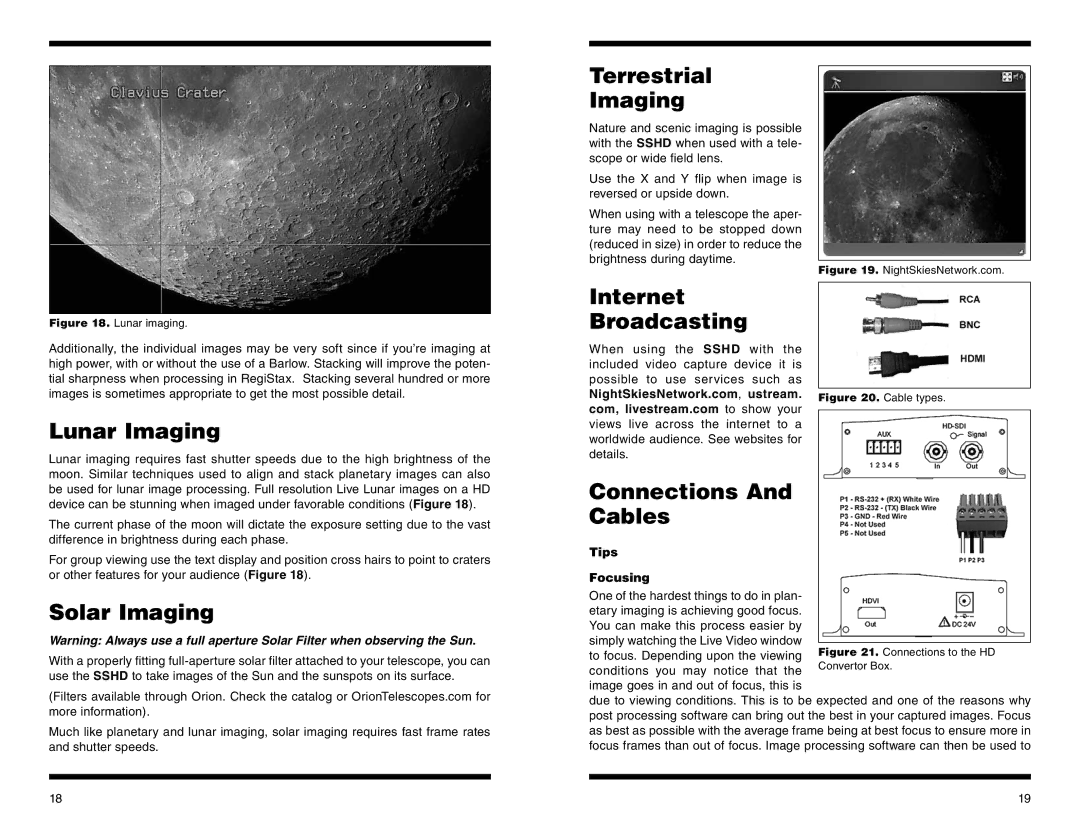52099, #52099 specifications
Orion #52099,52099 is a remarkable specimen in the world of aerospace technology. This cutting-edge spacecraft reflects a leap in design and engineering, making it a significant player in the ongoing exploration of our solar system. This article delves into the main features, technologies, and characteristics that define the Orion #52099,52099.At the heart of the Orion #52099,52099's design is its advanced crew module, which is engineered to support long-duration missions beyond low Earth orbit. This module can accommodate up to four astronauts, providing them with the necessary life support systems and living accommodations. The cabin is equipped with state-of-the-art environmental control systems, ensuring that crew members can operate in a safe and comfortable environment, even in the extreme conditions of space.
One of the defining features of the Orion #52099,52099 is its robust avionics suite. The spacecraft is outfitted with highly sophisticated navigation and communication systems, allowing for precise positioning and data transfer. The onboard computer systems are designed to handle a wide range of operational tasks, from autopilot functions to complex rendezvous maneuvers with other spacecraft or space stations.
In terms of propulsion, the Orion #52099,52099 utilizes a powerful combination of launch and in-space engines. The spacecraft is equipped with an exploration-class propulsion system that provides the ability to perform deep-space maneuvers. This system not only enhances the spacecraft's range but also enables it to execute critical orbital insertion and departure maneuvers safely.
Another key characteristic of the Orion #52099,52099 is its modular design, which allows for easy upgrades and adaptability. This modularity means that as technology advances, the spacecraft can be modified or enhanced without requiring a complete redesign. This characteristic is crucial for ensuring the longevity and relevance of the Orion exploration missions.
Furthermore, the Orion #52099,52099 is built with durability in mind. Its thermal protection system can withstand the intense heat generated during re-entry into Earth's atmosphere, ensuring the safe return of the crew. The spacecraft's structure is designed to endure the rigors of launch and deep space travel, providing peace of mind for both astronauts and mission control.
In conclusion, the Orion #52099,52099 stands as a testament to human ingenuity and the relentless pursuit of exploration. Combining advanced technologies with a focus on safety and adaptability, this spacecraft is poised to play a pivotal role in future missions to the Moon, Mars, and beyond. As we continue to push the boundaries of space exploration, the Orion #52099,52099 embodies the spirit of discovery that drives humanity to explore the cosmos.

